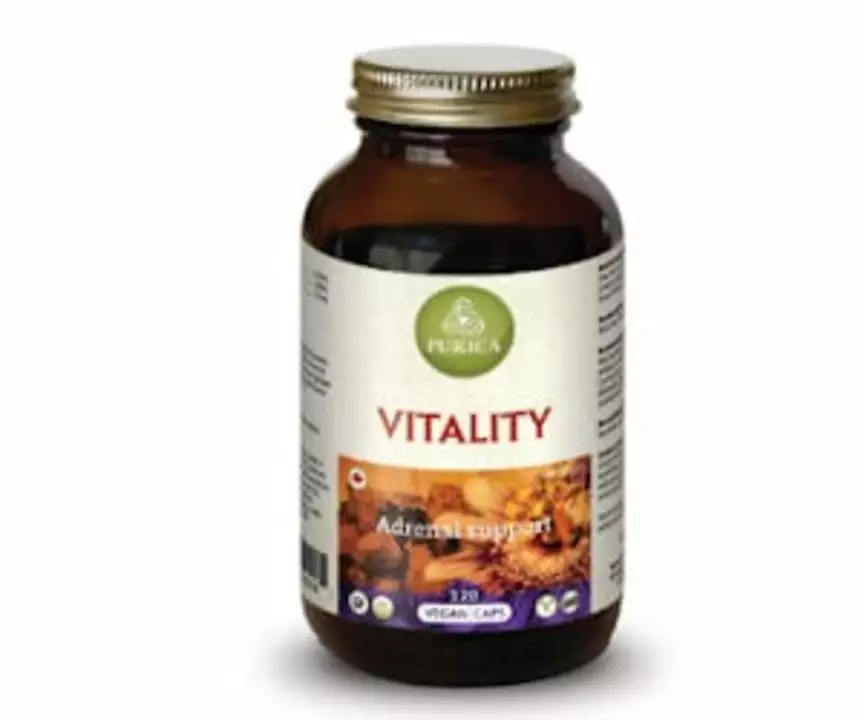Immune-Boosting: Practical Daily Habits That Work
You can't instantly "supercharge" your immune system, but small, steady habits add up fast. This page gives clear, usable steps—no hype, no miracle claims—so you can lower your infection risk and feel better day to day.
Daily habits that actually help
Sleep: Aim for 7–9 hours. Poor sleep weakens immune responses and raises coughs and colds risk. If you struggle, try a consistent bedtime and cut screens 30 minutes before bed.
Move regularly: Moderate exercise—daily walks, cycling, or a 20–30 minute home workout—supports circulation and immune surveillance. Don’t overdo it; extreme training without recovery can temporarily lower defenses.
Eat real food: Fill half your plate with vegetables and fruit, add lean protein, and include whole grains. Fiber feeds a healthy gut microbiome, which plays a big role in immune signaling. Try easy swaps: oats for sugary cereal, beans instead of processed snacks.
Manage stress: Chronic stress raises inflammation and weakens immunity. Short, daily practices—deep breathing, a 10-minute walk, or a quick phone call with a friend—reduce stress hormones and help your defenses work better.
Hygiene and vaccines: Wash hands when you come home, before eating, and after coughing. Stay up to date on vaccines—flu and COVID shots cut severe illness risk and keep immune load lower.
Supplements and when they help
Supplements can fill gaps, but they’re not a substitute for good habits. Vitamin D: Many people have low levels, especially in winter. A common safe range is 800–2,000 IU daily, but check blood levels with your doctor first.
Vitamin C: Useful for short-term support during colds. Typical doses are 500–1,000 mg daily; higher amounts may cause stomach upset. Zinc: Short courses (15–30 mg) at the first sign of a cold can shorten symptoms for some people. Don’t take high doses long-term without advice.
Probiotics and fiber: A diverse gut microbiome supports immune balance. Try fermented foods (yogurt, kefir) or a moderate probiotic if you’ve had antibiotics. Add insoluble and soluble fiber—psyllium and beans are simple options—to feed good bacteria.
Be cautious: Supplements can interact with meds or be unsafe in some conditions. Tell your doctor what you take, especially if you’re pregnant, nursing, or on prescription drugs.
Small changes matter. Consistent sleep, steady movement, good food, stress control, basic hygiene, and targeted supplements when needed will move your immune health in the right direction. Want product or pillpack options? Check our site for medication profiles, supplement guides, and safe online ordering help.





